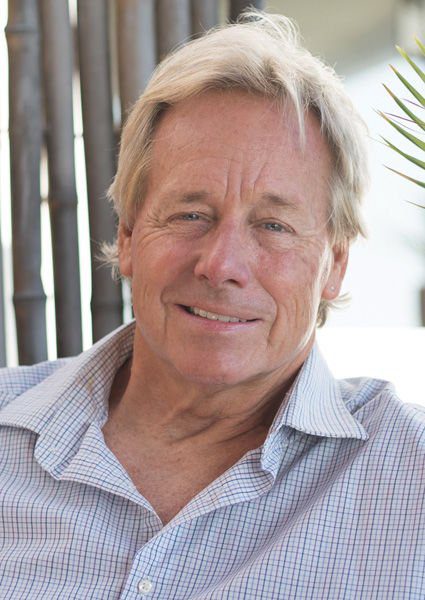America is a land of immigrants that, in a relatively short period of time—two-and-a-half centuries—has risen to be the undisputed beacon of liberty, justice and democracy to the rest of the world.
Along the way we have stumbled, fumbled and bumbled our way through a Civil War where deaths measured almost 50 percent of Americans lost in all other conflicts, civil rights demonstrations that left serious scars in American cities, a nagging legacy of institutionalized racism that still haunts us to this very day, and a spiraling loss of confidence in our leaders and governmental institutions that could place our experiment with democracy in danger.
Two years ago, I attended a lecture on The Struggle for Democracy sponsored by the Thomas Mann Foundation at the Getty Museum and was treated to opening remarks of German President Frank-Walter Steinmeier, who serves as the nation’s head of state. I was particularly struck by the irony of having a leader of Germany instructing us on how to maintain a democracy. However, leaving that aside, his most prominent advice was to embrace diversity.
The more I thought about it, the simplicity of the message made it even more powerful than I could have imagined. America is currently struggling with diversity and a prominent collection of historians and political leaders representing a wide cross-section of ideological and partisan stripes attribute the rise of hate groups, paramilitary militias and insurrectionists to the rise of white supremacists.
The fact that we are advancing to a time when whites will comprise less than a majority of the US population has fueled a society where discrimination and hatred are exposing themselves as hopelessly preventative measures.
We have a long, sordid history with respect to our treatment of immigrants and it should come as no surprise that our history with respect to Asian Americans is an ugly one indeed.
In 1854, the California Supreme Court ruled in People v. Hall that people of Asian descent could not testify against a white person in court.
One of the first significant pieces of federal legislation aimed at restricting immigration was the Chinese Exclusion Act of 1882, which banned Chinese laborers from coming to America. The first law placing a restriction on immigration to the United States, it was not repealed until 1943.
We are all familiar with the Japanese internment during World War II where many families, once freed, returned to find their homes vandalized or confiscated. It was not until 1965 that congress would pass the Immigration and Nationality Act, which did away with quotas based on nationality and allowed Americans to sponsor relatives from their countries of origin.
Today, we are witnessing an ugly spate of discrimination direct at Asians that harkens back to a distant and darker time. The Center for the Study of Hate and Extremism has recently released findings that showed hate crimes against Asian Americans spiked 149 percent from 2019 to 2020, even though hate crimes overall declined by seven percent.
Equally disturbing, however, is that these numbers are probably only a small fraction of actual incidents. According to Jeannine Bell, an Indiana University law professor and expert on hate crimes, “there are barriers to reporting … individual victims have to feel as if they are comfortable enough to report, and most likely they don’t.”
The Asian American Studies Department of San Francisco State formed Asian Americans Pacific Islanders Hate (AAPI Hate) and between March 19, 2020, and Feb. 28, 2021, the group has logged 3,795 incidents of verbal harassment, shunning and physical assaults.
Is it coincidence that the Atlanta spa shootings took place exactly one year to the day that former President Trump refused to heed the advice of the World Health Organization to avoid using the term, but tweeted the phrase “Chinese virus?”
Yulin Hswen, an epidemiology professor at the University of California at San Francisco, recently published a peer-reviewed study in the American Journal of Public Health that analyzed hundreds of thousands of social media uses of #covid-19 and #chinesevirus and found that not only did more people use the chinesevirus hashtag after the Trump tweet but were more likely to include other anti-Asian hashtags in their tweets.
Words have consequences and the perpetual, nonstop thrashing that Trump leveled against China most assuredly contributed to the bubbling cauldron of hatred and distrust that likely will be the hallmark of his divisive presidency.
Diversity is a solid cornerstone of our democracy, along with freedom and competition. The work of immigrant groups, whether they be Asian, Irish, German, Latino, Black or brown largely built this country into the powerhouse that it is today. We have at times neglected to welcome it, but it is here to stay and the sooner we learn to live with that reality and embrace it, the stronger we will be.

